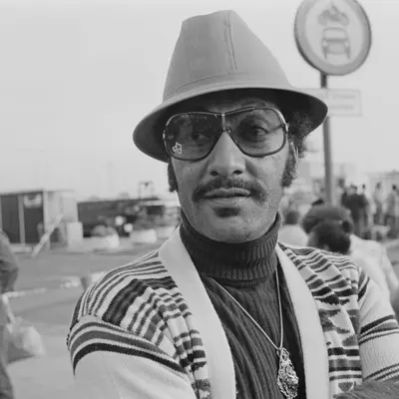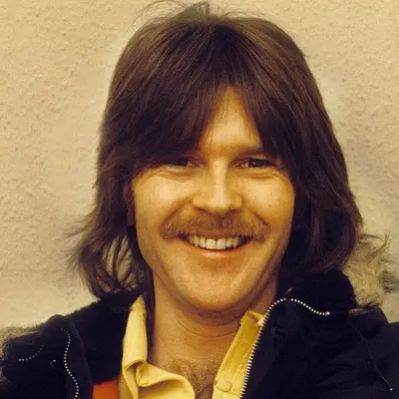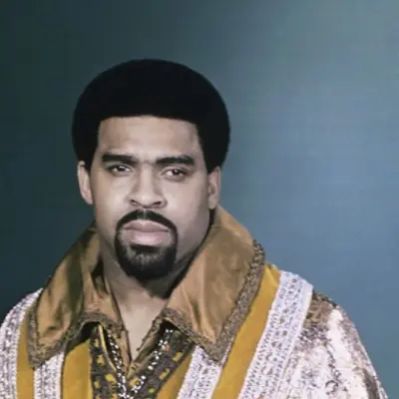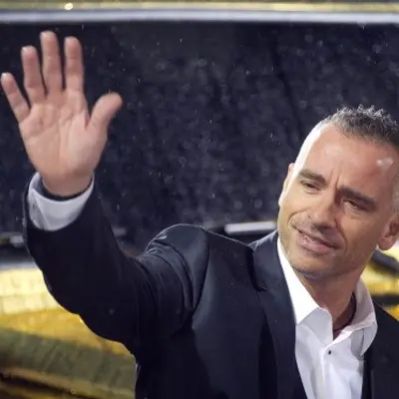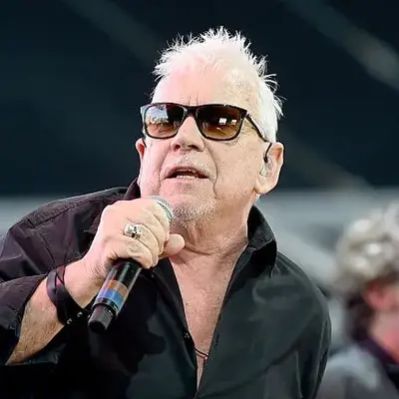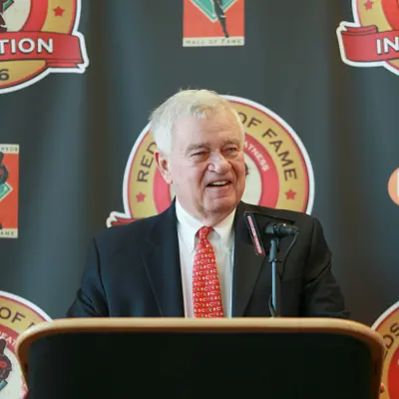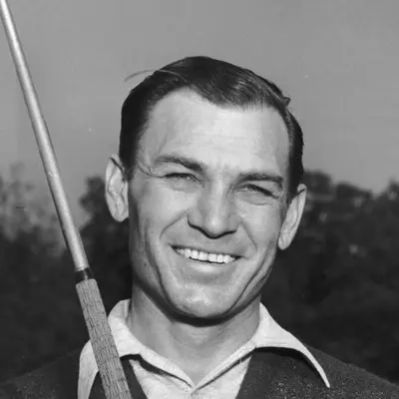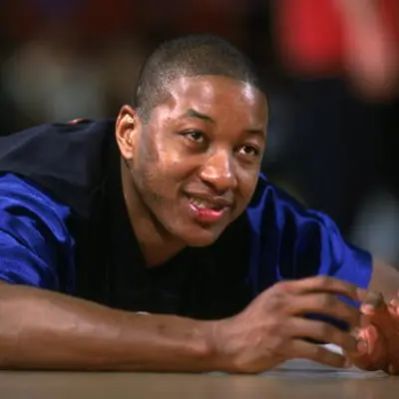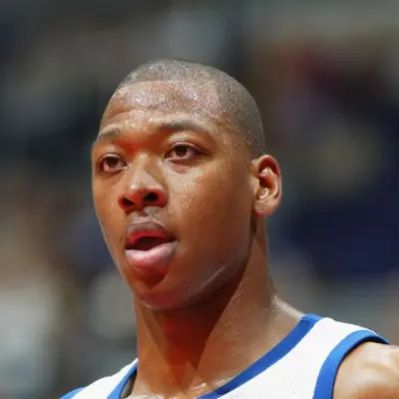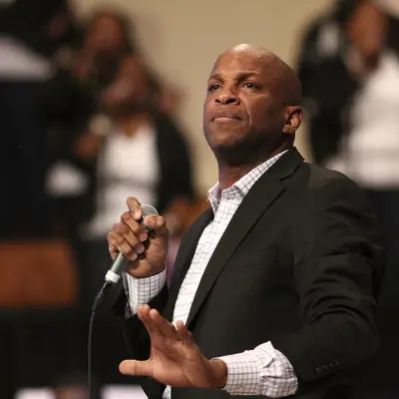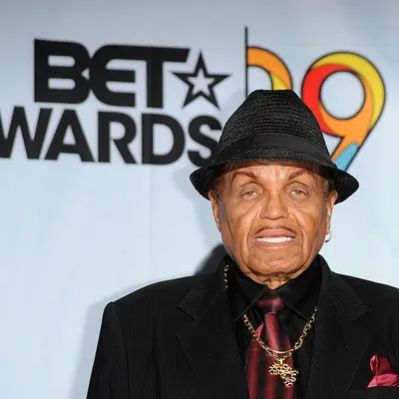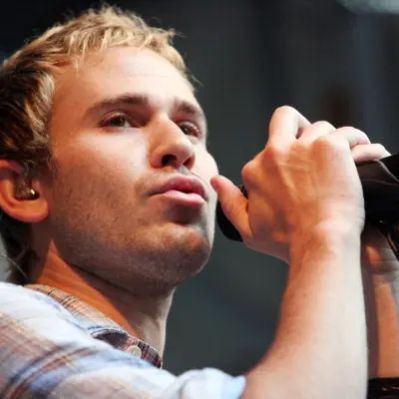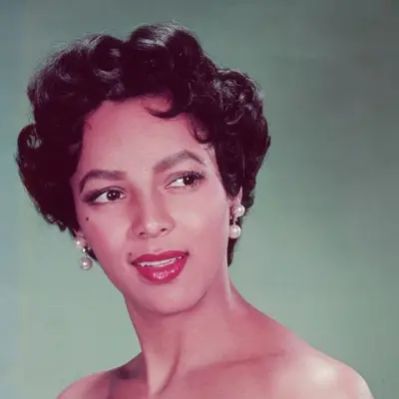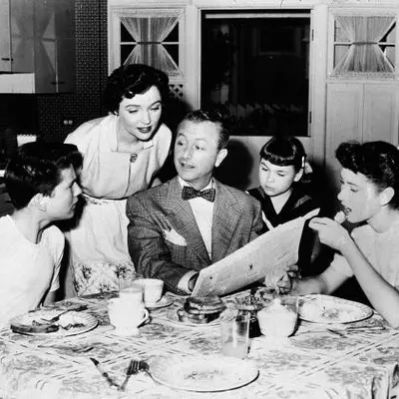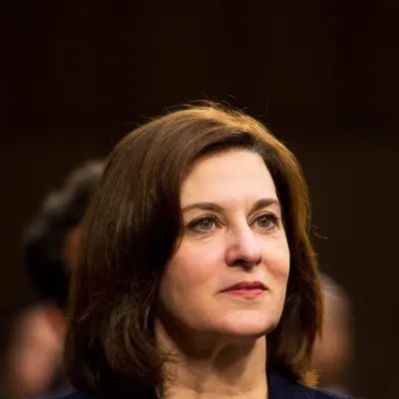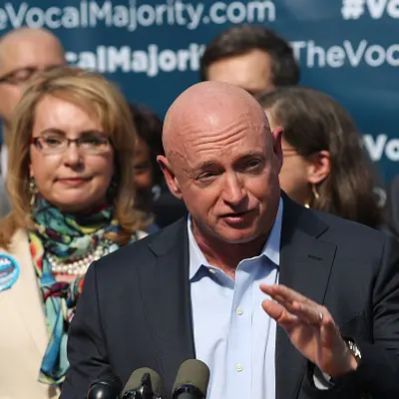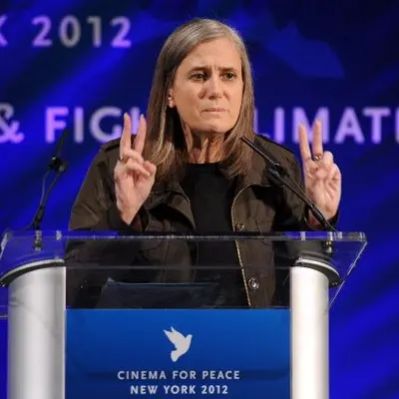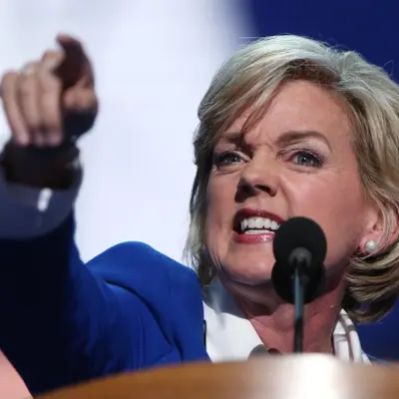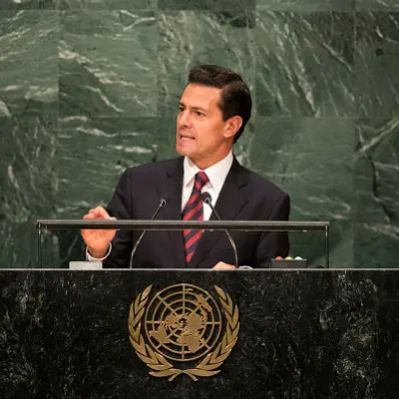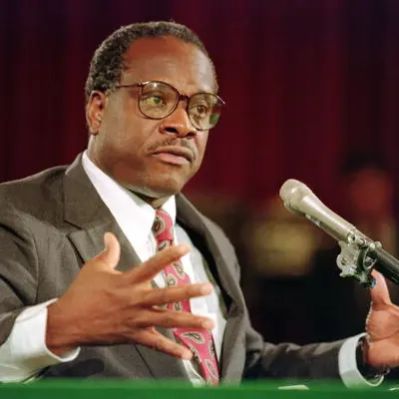What Is Abdul “Duke” Fakir’s Net Worth?
At the time of his passing in the summer of 2024, Abdul “Duke” Fakir, a celebrated American singer and one of the founding members of the iconic Motown vocal quartet, the Four Tops, had a net worth of $3 million. This net worth primarily reflected his decades-long career in the music industry, encompassing royalties from record sales, performance fees, and other related ventures. His contribution to the Four Tops, known for their string of hits in the 1960s, solidified his financial standing and legacy.
Early Career and the Rise of the Four Tops
Abdul Fakir, later known as Duke Fakir, embarked on his musical journey during his high school years at Pershing High School in Detroit, Michigan. While the specifics of his early earnings remain undocumented, the formation of the Four Aims (later renamed the Four Tops) in the early 1950s with Levi Stubbs, Lawrence Payton, and Renaldo Benson marked the genesis of his professional career. Although their initial contract with Chess Records in 1956 did not yield immediate financial success, it provided invaluable experience and exposure. The group’s subsequent stints with Riverside Records and Columbia Records, prior to their Motown breakthrough, likely offered modest compensation, though detailed financial figures are unavailable.
Motown Era and Commercial Success
The Four Tops’ signing with Motown Records in 1963 proved to be a pivotal moment in Fakir’s career and a significant driver of his wealth. Their first hit single, “Baby I Need Your Loving,” released in 1964, signaled the beginning of a string of commercially successful recordings. The exact royalties earned from this single and subsequent hits are not publicly disclosed, but their impact on Fakir’s income was substantial. In 1965, the Four Tops achieved even greater success with “I Can’t Help Myself (Sugar Pie Honey Bunch),” which became one of their signature songs. Other notable hits from that year, including “Ask the Lonely,” “It’s the Same Old Song,” and “Something About You,” further augmented their earnings. Their all-time biggest hit, “Reach Out I’ll Be There,” released in 1966, generated significant revenue through record sales, radio airplay, and licensing agreements. Additional hits like “Standing in the Shadows of Love,” “Bernadette,” and “You Keep Running Away” continued to contribute to Fakir’s income stream.
After Holland-Dozier-Holland departed Motown in 1967, the Four Tops experienced a period of relative commercial decline. However, their 1970 cover of “It’s All in the Game,” produced by Frank Wilson, and the single “Still Water (Love),” written by Wilson and Smokey Robinson, provided a temporary boost to their earnings. The release of their first collaborative album with the Supremes, “The Magnificent 7,” also contributed to their income, although the specific financial details of these ventures remain private.
In 1972, the Four Tops left Motown and signed with ABC-Dunhill, where they continued to release successful singles like “Keeper of the Castle,” “Ain’t No Woman (Like the One I’ve Got),” and “Are You Man Enough.” While the exact financial terms of their contract with ABC-Dunhill are not publicly available, these hits undoubtedly added to Fakir’s overall net worth. The group’s subsequent recordings for ABC throughout the 1970s, though less commercially successful, still contributed to their income.
During the early 1980s, the Four Tops signed with Casablanca Records and scored a significant hit with “When She Was My Girl.” This single revived their commercial fortunes and generated substantial revenue. The group’s return to Motown a few years later and their subsequent stint with Arista Records in the late 1980s further contributed to their earnings, although specific financial details are not publicly accessible.
Touring, Live Performances, and Later Years
From the 1990s onwards, the Four Tops primarily focused on touring and live performances, which became a major source of income for Fakir and the group. While the exact performance fees and revenue generated from these tours are not publicly disclosed, their consistent demand as a live act ensured a steady stream of income. The release of their final studio album, “Christmas Here with You,” in 1995, likely generated modest royalties but was not a significant driver of their overall net worth. After Lawrence Payton’s death in 1997, the Four Tops continued as a trio, later adding former Temptations member Theo Peoples in 1998. Fakir’s continued involvement with the group as the sole surviving original member ensured his ongoing income from live performances and related ventures.
Memoir and Additional Ventures
In 2022, Fakir published his memoir, “I’ll Be There: My Life with the Four Tops,” which provided additional income through book sales and related opportunities. While the exact earnings from his memoir are not publicly known, the book’s success and the subsequent premiere of a musical based on the book in Detroit likely generated a modest boost to his overall net worth. It is also plausible that Fakir had other investments or business ventures that contributed to his net worth, but specific details about these activities are not available.
Abdul “Duke” Fakir’s Net Worth at the Time of Death
In summary, Abdul “Duke” Fakir’s $3 million net worth at the time of his death in 2024 was primarily derived from his successful career as a member of the Four Tops. His earnings included royalties from record sales, performance fees from live concerts, income from his memoir, and potential investments or business ventures. While the exact financial details of many of these activities remain private, his decades-long career in the music industry and his significant contributions to the Four Tops’ success were the primary drivers of his wealth. Despite the lack of granular data on specific income streams, it’s clear that Fakir’s dedication to his craft and his enduring legacy as a founding member of one of Motown’s most iconic groups played a crucial role in his financial success. His musical journey, starting from high school performances to international stardom, showcases a career marked by perseverance and artistic achievement, culminating in a noteworthy Abdul “Duke” Fakir’s Net Worth.
 Net Worth Ranker
Net Worth Ranker
